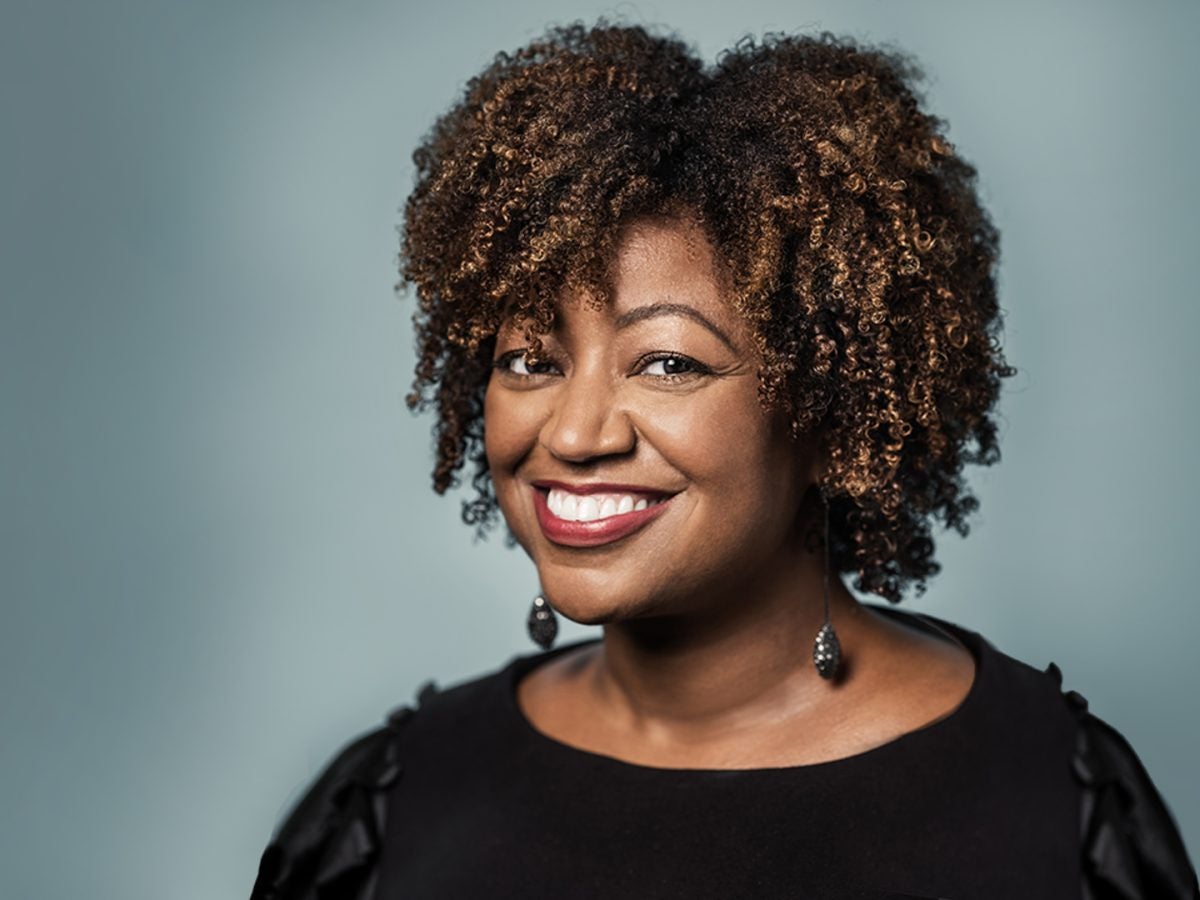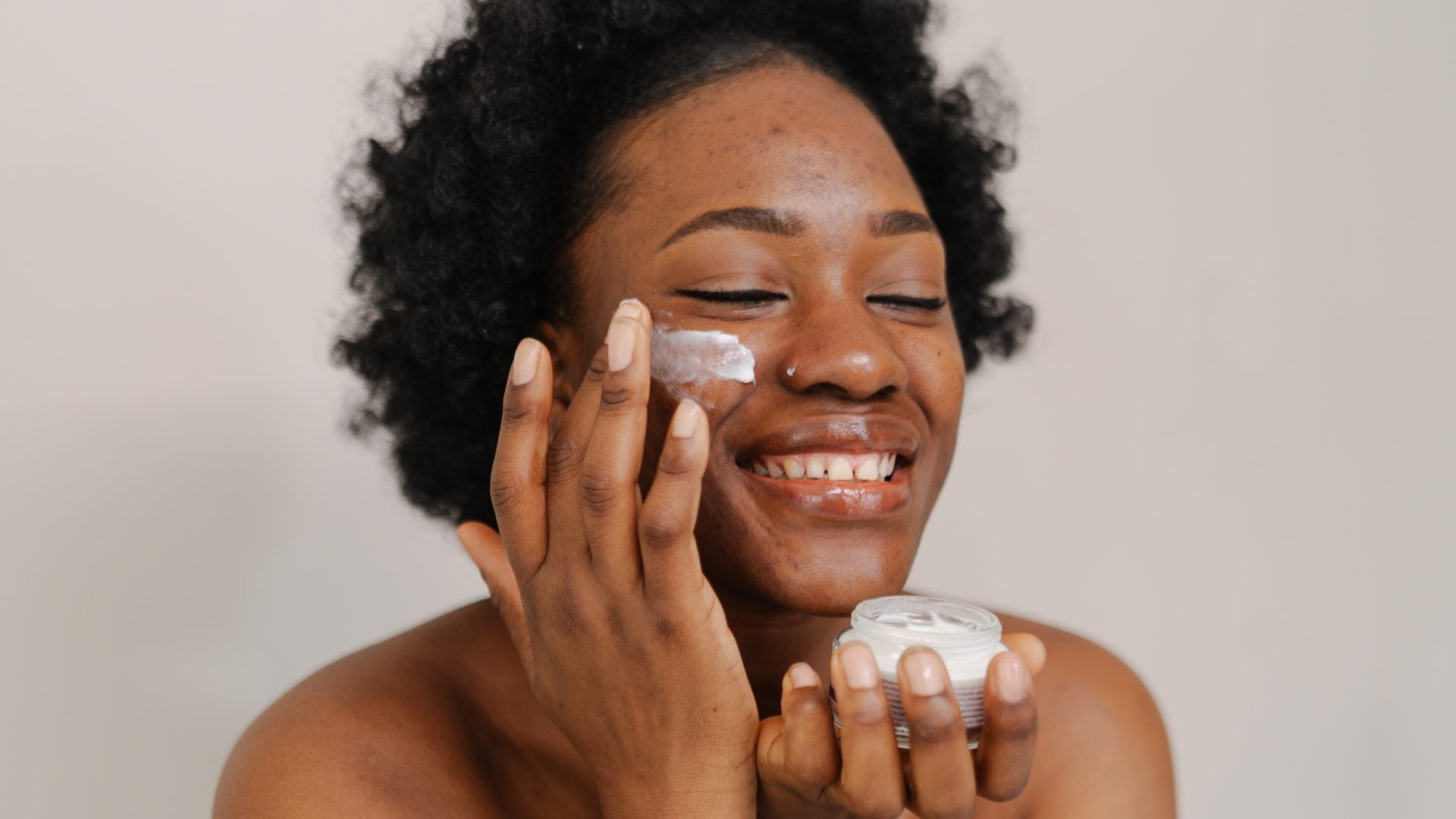
DEI roles are disappearing, inclusion programs are shuttering and equity enthusiasm is waning.
According to a recent report released by global leadership consulting firm DDI, C-suite support of companywide diversity, equity and inclusion efforts has decreased 18% in the past two years.
A November 2022 Glassdoor survey showed progress in diversity program development has significantly stalled. To make it plain, the DEI train seems to have left the station. Luckily, Nicole Monson is perfectly comfortable navigating the path less traveled.
As the head of Senior Vice President of Equity and Engagement at The Estee Lauder Companies, Monson is accustomed to having deep conversations about difficult topics. She joined the company in 2014 to run their Employment Law Group and quickly leveled up to a senior counsel role for seven years. But in 2021, everything shifted.
Following the murder of George Floyd in 2020, hundreds of companies across various industries, made pledges to address racism and disinvestment within their organizations. The Estee Lauder Companies was one of them. In 2021 they created the Equity and Engagement Center of Excellence, with Monson at the helm. In the past, the major beauty brand was called out for its minimal support of Black-owned brands and low Black employee counts. For context, in 2021 the company employed more than 60,000 people but less than 13% population was made up of Black workers.
Two of the biggest promises the conglomerate made was to address both of those issues, and Monson has the big job of ensuring the company follows through.
“It’s a huge task,” she tells ESSENCE. “But when we made these commitments, we meant it.”
And they’re showing their work.
The company’s two-year update on their DEI progress said it increased the hiring of Black candidates to 18.8% of U.S. new hires vs. 14.2% in 2021. According to the report, this includes increasing Black representation at the Director and above level from 4.4% in FY21 to 5.0% in FY22. Additionally, in the first half of 2022, the company spent $30M with Black-owned businesses, a 50% jump from 2020’s $20M, per the report.
These accomplishments are a far cry from the marginal progress other companies have made in fulfilling their DEI pledges.
“We set ambitious goals, but we know we’re capable of meeting them,” Monson said. “We have constant conversations around these ambitious goals, and we’re all holding ourselves personally accountable because it just means that much to us.”
A noble mission indeed, but it doesn’t come without its steep cliffs. Although incredibly rewarding, Monson admitted that being a Black woman in DEI is ‘exhausting.’
“I do feel an obligation to make sure that I am representing people of color. Not just Black people, but people of color and women in particular, in all of the ways that I wished was present for me early in my career—that there were people around who look like me, who I could look up to, people who I could aspire to be. And it is difficult. It is very difficult. And even now, I mean, I do work in a company of women, right? But I also work in a company that aren’t all Black women or all women of color. And it makes it challenging. But the alignment of what I do and who I am propels me forward. It’s bigger than me. And we’re going to keep going.”





